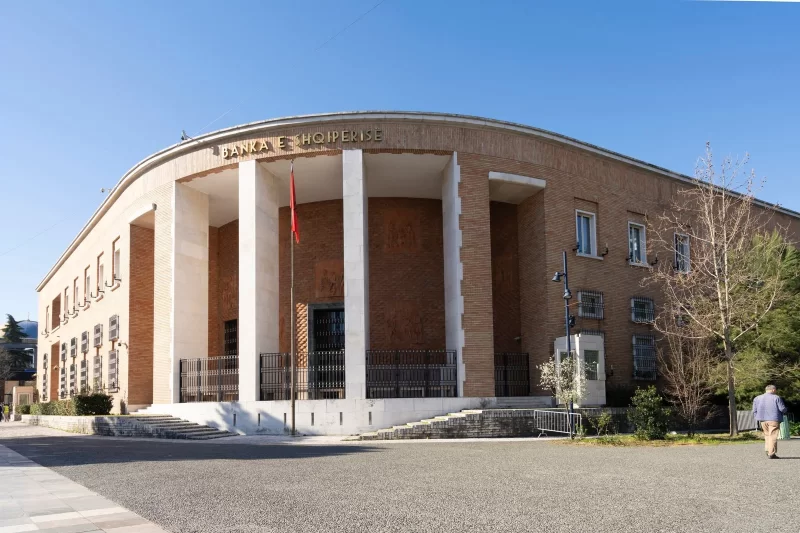Increase of FDI in Processing Industry, Energy
The inflows of Foreign Direct Investment ((FDI) continue to remain at high levels in Albania. According to data published by the Bank of Albania, foreign investments in the second quarter of this year increased by 3.6%.
"The financial account registered net inflows in the amount of Euro 325.6 million, increased by about Euro 277.5 million compared to the previous year," states the Bank of Albania in a report.
Direct investment inflows for this quarter are concentrated in the sectors of real estate, energy, financial and insurance activities, extractive, and processing industries.
The annual increase of FDI has resulted mainly in the sectors of the processing industry, energy, and the real estate sector, while the contribution of the extractive industry and financial and insurance activities is negative in annual terms.
FDI is crucial for Albania’s long-term economic development. It injects fresh capital that helps drive infrastructure projects, supports the growth and expansion of businesses, and creates new job opportunities, boosting overall employment levels. Furthermore, a significant rise in FDI reflects increasing confidence from international investors in Albania’s economic potential, political stability, and legal framework, which can pave the way for more diversified investments and further integration into the global economy.
In the first half of 2024, 53% of total FDI came from reinvested profits, indicating sustained confidence from existing investors. The real estate sector was the leading recipient, capturing 25% of total investments, driven by rising demand from foreign buyers, particularly in coastal areas. Real estate has become an increasingly attractive asset class in Albania due to the strong appreciation of property values in recent years. This trend has been further fueled by Albania’s growing tourism industry, which has led many foreign buyers to invest in holiday homes along the coast.
In addition to real estate, financial intermediation accounted for 14% of FDI, driven by increased regulatory requirements for capital among commercial banks. The hydrocarbons and energy sectors each received 13%, benefiting from Albania’s strategic focus on boosting domestic production and energy security. The communication sector attracted 4%, reflecting ongoing modernization in telecommunications infrastructure.
The presence of reinvested earnings as a large component of FDI shows that foreign enterprises already operating in Albania view the local market as profitable and secure enough to commit additional resources. This reinforces the importance of maintaining a stable business environment to attract further capital and foster continued growth across key sectors.













